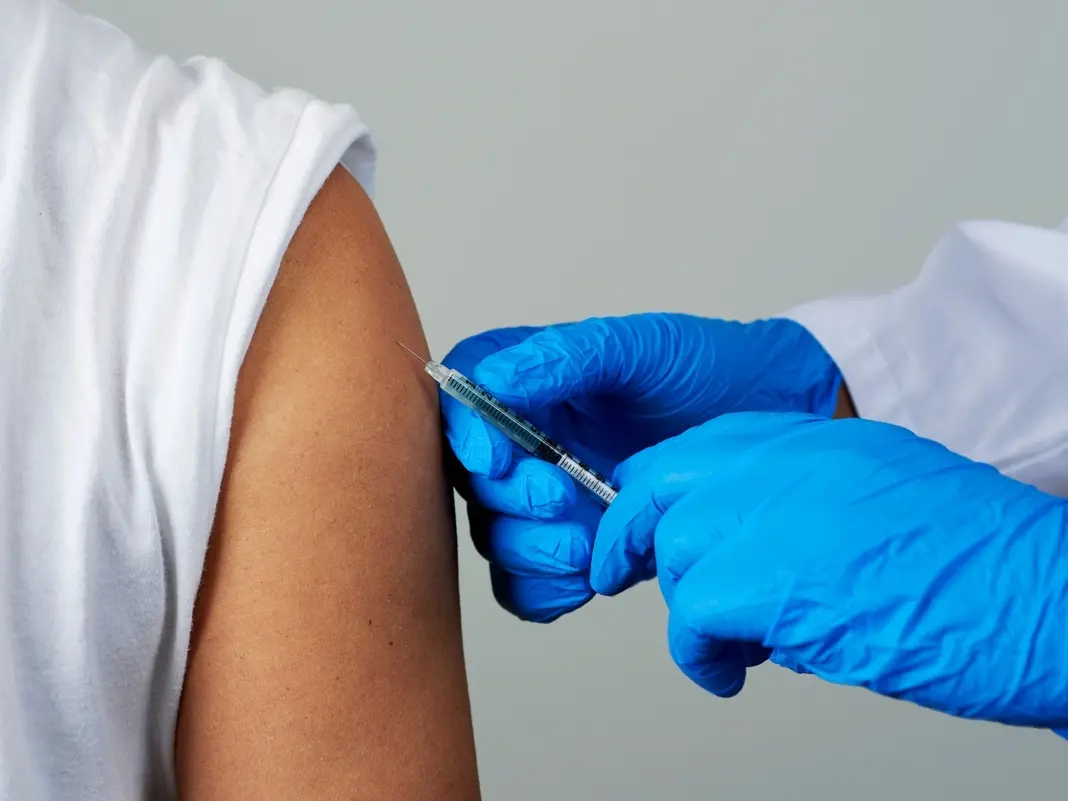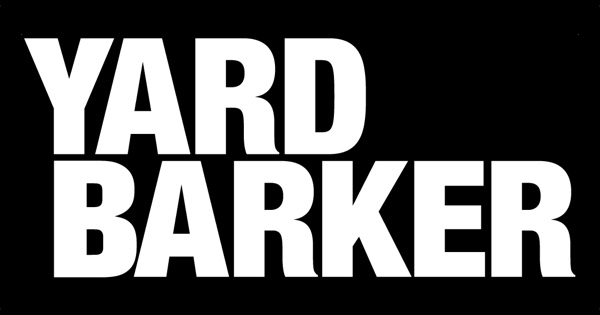Copyright Joliet, IL Patch

Severe flu seasons abroad and low vaccination numbers in California may hint that a dangerous flu season is on the horizon. With flu season just weeks away, early signs overseas and lagging vaccination rates at home could determine how severe it gets in California. According to John Swartzberg, an infectious disease specialist at University of California, Berkeley, a few countries that have experienced a particularly severe season may offer a preview for what's to come in California and the U.S., though these hints aren't a guarantee. Swartzberg said early signs from the Southern Hemisphere suggest the U.S. could be in for a tougher flu season. Australia just came out of a severe winter with higher-than-usual hospitalizations and deaths, he told Patch this week. "We also have a hint from Malaysia and Japan, where they're having a very early influenza season," he said. "That hints that maybe we're going to be seeing a more aggressive influenza this year." Australia’s flu season saw unusually high hospitalizations compared to recent years, Swartzberg said — a trend that, if mirrored in the U.S., could strain hospitals already juggling COVID-19 and RSV cases. Here at home, a lower uptake of the flu vaccine is sounding the alarm. Flu season typically kicks off right after Halloween and is almost certainly here around Thanksgiving before peaking around mid to late January up to mid February, Swartzberg said. RSV season, meanwhile, typically begins by late October or early November, while COVID-19 waves tend to surge again midwinter after a quiet fall, he said. Together, they form what Swartzberg calls the "respiratory viral season." In September, California's top health officials forecast that this year's flu season could mirror last year's in terms of hospitalizations, which means flu would again be the dominant virus sending Californians to the hospital. READ MORE: Despite Major Change In COVID Vaccine Policy, Chaos Lingers In CA: What To Know Another key factor driving that risk is low vaccination uptake this year amid confusing messaging and a lack of clear guidance from the nation's top health agency, experts like Swartzberg warn. “There are tremendous concerns about lower influenza vaccine uptake," he told Patch, adding that "Australia...had a very low uptake of the influenza vaccine compared to what they often have." Despite that low uptake, early surveillance data from the Southern Hemisphere show that this season’s influenza vaccine provided moderate protection, lowering hospitalization risk by about 50 percent. Swartzberg says that The Centers for Disease Control and Prevention hasn't put "any effort at all" into encouraging the public to get vaccinated. This is in part because the agency's influenza outreach program that typically educates the American public on the value of the vaccine was canceled by RFK Jr. "So, we do not have a federal government that is helping support getting Americans immunized," he said. According to preliminary CDC data, as of late April, only 49.2 percent of U.S. children had received a flu shot — down from 53.4 percent at the same point last season. And what about COVID-19 and RSV? While a summertime, early fall COVID surge is fading and RSV not flu have begun their reign yet, those who want to maximally protect themselves for what's ahead are urged to get all the proper vaccines. “Now is the time to get vaccinated for covid, and certainly, now is the time to get vaccinated for influenza. And if you got RSV vaccine previously, it's good for at least three years.” Swartzberg emphasized that everyone over six months of age should get the influenza vaccine, calling it the foundation of protection against respiratory viruses this winter. He said adults over 65 — and especially those 75 and older — should also stay up to date on their COVID-19 boosters, ideally every six months, while younger adults with underlying health conditions may also benefit from twice-yearly doses. Swartzberg noted that California, along with Oregon, Washington and about a dozen other states, is now working in alliance on public health guidance after losing confidence in federal leadership. “We’re no longer able to take advice from the CDC because it’s not, tragically, not reliable,” he said. For RSV, he noted that vaccination is recommended for adults 75 and older, and for younger adults with health risks. Another fly in the ointment, experts like Swartzberg warn, is the recent federal guidance under RFK advising that healthy children, pregnant people and otherwise healthy adults do not need COVID vaccines. However, the California Department of Public Health is recommending vaccination for infants, pregnant people and adults. And Swartzberg is strongly advising pregnant people to talk with their doctor about receiving all three vaccines this year — flu, RSV and COVID. Doing so, he says, helps protect both the mother and their newborn during the first few months of life when infants are too young to be immunized. California, banding together with states like Oregon and Washington on guidance, says it will continue recommending vaccines broadly, including the newer booster. The shifting guidance has left Californians and health providers navigating a patchwork of vaccine policies, as state officials push to maintain broad access while federal agencies tighten eligibility. “There's no one thing that's going to give you ironclad protection. The basis would be being vaccinated," he said, "But on top of that, you can do other things that are sort of prudent." Wearing a mask, especially on an airplane while traveling and choosing to eat outdoors while dining out during peak respiratory virus season are among those things. “It's all about, 'what can I do to reduce my risk, but still enjoy being a human being and being a social human being?'”



